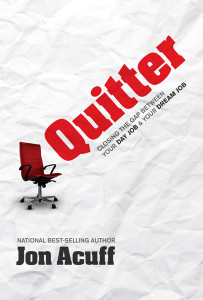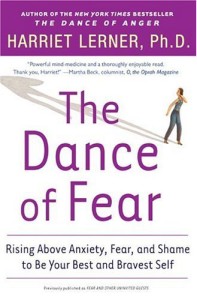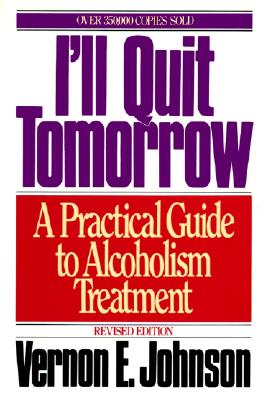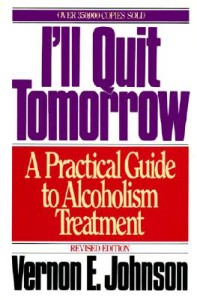 While there is something magical about working where at the end of the day you find a flattened biscuit stuck to the bottom of your slip resistant shoe, rising to the top of the fried chicken industry was never my dream.
While there is something magical about working where at the end of the day you find a flattened biscuit stuck to the bottom of your slip resistant shoe, rising to the top of the fried chicken industry was never my dream.
Fried foods was a day job, or, as implied by author Jon Acuff, a fundraiser for my dream job. Acuff’s book Quitter: Closing the Gap Between Your Day Job and Your Dream Job is the thirteenth book I’ve read in full in 2012. And a lot of what he wrote was a reminder of what it was like for the writer in me to work at Popeyes Chicken.
My couple years behind the fast food counter were not glamorous. I spent a lot of the end of high school smelling and looking like my job was to repeatedly plunge into a dunk tank of chicken grease. I also had to clean public toilets and clean up after people who don’t understand the trash can concept. But despite that and the scar I think I still have from the time I pulled the fries out of the fryer with haste, I would never trade what I got out of working at Popeyes.
At Popeyes, I didn’t get to do my dream (write, speak, counsel, change the world). But as Acuff points out in Quitter, I got to practice stuff I’ll have to be good at when I am livin’ the dream. Lunch and dinner rushes taught me hustle. Rude customers thickened my skin. Our menu forced me to become comfortable saying the word “breast” to strangers (which I don’t anticipate having to do much when I am the writing, speaking, counseling world changer I dream of becoming, but it’s better safe than sorry).
The point is that people who work day jobs but dream of dream jobs sometimes quit their day jobs before quitting a day job is smart. Others suffer through the day job under the assumption that it is a giant waste of time. And others – the kinds of dreamers Acuff encourages his readers to be – neither rush toward the dream nor squander the valuable experiences in the time spent “fundraising” for it at a day job. And also, Acuff is hilarious. I love him. Read his blogs. But first, read some of my favorite excerpts from the book:
On discipline:
“…discipline begets discipline. When you step up to a challenge before you, your ramped-up resources rub off on other areas of your life. You wouldn’t think eating less ‘fat’ would impact how closely you monitor your family’s financial budget, but it’s all tied together. Discipline and focus are contagious and they tend to spread their benefits all around.” -page 22
On deciding what to do with your life:
“You don’t ask the bottomless, ‘What do I want to do with my life?’ but instead, ‘What have I done in my life that I loved doing?’ Instead of a million different options from out there, you’re suddenly left with a manageable handful of options from within your own experience. Instead of trying to hitch your star to an endless black hole of options, you hitch a ride on your rewarding past.” -page 40
On tackling perfectionism:
“90 percent perfect and shared with the world always changes more lives than 100 percent perfect and stuck in your head.” -page 62
On time management:
“Few would boldly declare, ‘Today, watching television for two hours was one of the most important things I needed to get done.’ Yet that’s where we sometimes spend our entire evenings. The operative word in the phrase ‘enough time’ is not time. It’s enough. And the truth you should accept is that you will probably never have ‘enough’ time to pursue your dream. But every day somebody somewhere is making magic with the less-than-enough time he has. So can you, if you stop focusing on the amount of time you have and start focusing on the amount of tasks that really matter.” -pages 73-74
On stealing time from your day job to work on your dream:
“If you took your car to a mechanic and they charged you for seven hours of labor to fix it, you’d have a problem if three of those hours were spent spinning pottery. You’d be incredulous if when you complained about the bill they said, ‘We’re sorry. Pottery is our mechanic’s dream. He loved Ghost. We put a wheel and kiln behind our shop and he just really got into it the other day. He made some beautiful vases.” -page 111
“[I stopped] stealing time from work because they purchased forty hours of work, not just forty hours of my presence…” -page 111
On livin’ the dream:
“When I finally published a book, I couldn’t wait to say, ‘I’m an author! I’m an author!’ When I had lunch with my oldest daughter at her school and she told her classmates, ‘My dad is an author,’ I was thrilled. That was a label I wanted to spoon at night and couple skate with at Roller Kingdom.”
– – – – –
Click here to learn more about Quitter.
Disclosure: This post contains affiliate links. So, if you click the links and purchase the products I recommend, I earn a little commission at no extra cost to you. And when you do, I am sincerely grateful.



